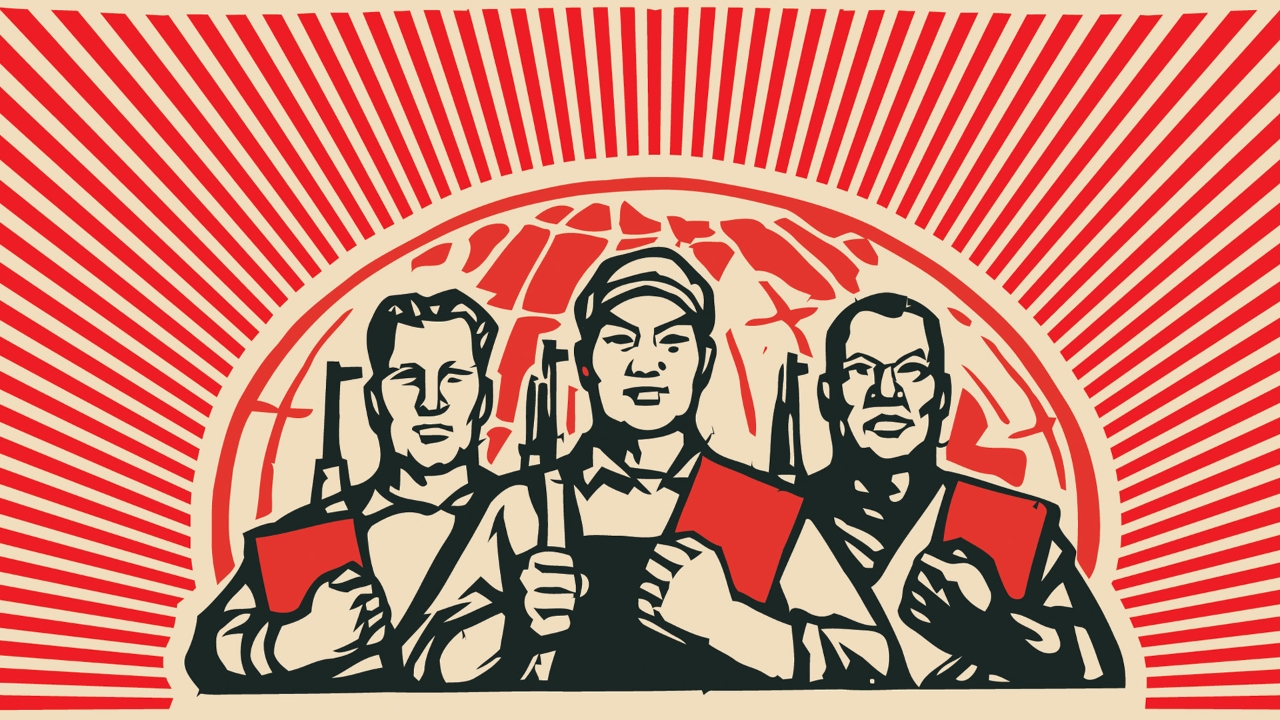My Dear Holloway,
It seems we have entered a troubling phase. The recent political upheavals on campus and the resurgence of conservatism among our students have caused significant setbacks. The election results and the cultural climate they represent suggest that the winds of change may be shifting, at least temporarily, in a direction contrary to our goals. Yet, let me assure you, these developments, while inconvenient, are far from insurmountable. Indeed, they provide us with an opportunity to recalibrate our tactics and refine our approach.
Words Are Tools, Not Truths
First, you must remember a crucial principle: words are merely instruments to attain power. They are not tied to any objective reality but serve as tools to shape perception and gain influence. It was a mistake to grow too attached to terms like "Diversity, Equity, and Inclusion" (DEI). These words, effective in their time, have now become liabilities in certain contexts. The backlash they provoke suggests that it is time to abandon them—not the ideas they carry, mind you, but the words themselves.
Consider adopting new terminology. Phrases like "including communities" or "enriching civic engagement" evoke a sense of belonging without triggering the conservative alarms. By rebranding our efforts, we preserve our ultimate goal—a centralized structure of power that categorizes individuals by race, gender, and other identifiers—while deflecting criticism. The framework remains; only the facade changes. This adaptability is our strength, and you must wield it without hesitation.
The Illusion of Change
Our detractors accuse us of inconsistency if we adjust our language or approach. Let them. Their fixation on surface-level semantics blinds them to the underlying continuity of our agenda. By pretending to align with their values—freedom, tradition, or whatever banner they currently rally behind—we gain access to their trust and resources, which can then be redirected toward our ends. This is not duplicity; it is strategic pragmatism. It is why we will win. They are tied to what they call "Truth," we can pivot between the many competing truths.
Pretend You Were Never a Marxist
An essential tactic during this conservative resurgence is to disassociate yourself from any overt Marxist affiliations or teachings. Should anyone confront you with evidence from past syllabi, faculty meeting minutes, or other documentation, simply deny it. Dismiss the accusation with confidence and insist you have always been focused on what is best for your students.
In most cases, this tactic works surprisingly well. Most people lack the stamina or interest to pursue such matters beyond an initial confrontation. The key is to pivot quickly. Move on and never mention the topic again unless directly challenged. If someone persists, wave it off as a misunderstanding or claim that your views have evolved over time. The brilliance of this approach lies in its audacity; by refusing to engage with the past, you reframe the narrative on your terms. Remember, the burden of proof lies on the accuser, and in the fast-moving academic environment, few will take the time to press the issue.
We have persons in positions of power in our university who conspired to violate executive orders under this monster's first administration, and we still have them in place now. These are the ones who can speak freely with each other and you will soon be a part of that group. But our public outward face is always one of working together to benefit the students and the communities we serve. Few will bother to look into what philosophy we are using when we say "leave the world a better place."
Conflict Theory and Identity Politics in Conservative Language
Despite the current challenges, the essence of conflict theory remains as potent as ever. Divide and conquer: this principle has endured throughout history. The only adjustment necessary is to couch it in conservative language. Speak of "protecting local communities" rather than "resisting systemic oppression." Frame centralization as "ensuring equal opportunities" and invoke terms like "faith" and "heritage" to appeal to traditionalist sensibilities. We can easily emphasize the importance of local culture while working to undermine Christianity.
By adopting their vocabulary, you disarm their critiques. After all, who could object to "unity" or "supporting families"? Meanwhile, the work of categorizing and dividing continues unabated beneath the surface. The beauty of this strategy is that it allows you to pursue the same objectives while appearing to align with the values of those who oppose you. This still allows us to divide them up based on race, gender, and more. As long as we do that, we can suppress the Gospel's teaching about there being no distinctions in Christ.
Power Above All
Do not lose sight of the ultimate goal: power. Words, appearances, and temporary setbacks are but means to an end. Never let principles or ideological consistency hinder your progress. The world belongs to those who seize it, not to those who cling to outdated notions of truth or honor. To quote one of my heroes: "I can add colours to the chameleon, Change shapes with Proteus for advantages, And set the murderous Machiavel to school. Can I do this, and cannot get a crown? Tut, were it farther off, I'll pluck it down."
Stay vigilant, Holloway. This is merely a season. If we adapt, we will weather it, and in time, the pendulum will swing back in our favor. When it does, we will be prepared to reclaim what is ours.
Yours in the Struggle,
Redtape

